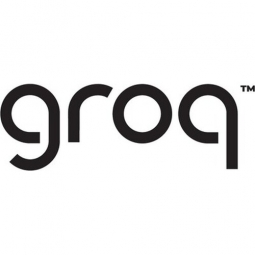When it comes to staying informed, you have two options: traditional newspapers, which are reliable but often cluttered with irrelevant content, or social media, which is quick but plagued with ads and disinformation. Our project merges the best of both worlds: fast and truly informative. You receive only the information that is relevant to you and based on real facts. Additionally, you can dive deeper into topics with naturally arising questions.
It all starts with the most informative news feed. You skip the useless content and read what truly matters: the key points of current events and related questions. For each news item, you get an informative title followed by three key points, sparing you from reading the entire article. As you read these brief points, questions will naturally come to mind. You can click on any question that interests you or ask a custom question if your specific interest isn't addressed. You'll then receive answers from various sources and perspectives, all concisely presented. In summary, you navigate current events by accessing relevant and unbiased information.
We developed both the back end and front end of the project. The back end utilizes technologies like Python and Django. We use a PostgreSQL database to store the news feed, and we developed an API to provide answers to questions with sources and content.
For a rapid-answer RAG application focused on news, speed is crucial. Our main challenge was leveraging free data sources and retrieving pertinent information quickly. To achieve faster responses, we utilized the latest hosted databases for storing vectors and retrieving information more efficiently. Storing all the latest embedded articles in the database was a viable solution.
We are proud to present an MVP that effectively embodies the original concept we envisioned at the start of the hackathon.
We gained deeper insights into Mistral technologies. Leveraging the instructor library for formatting the LLM's output was a remarkable discovery for most of us, and we applied it throughout the project.
Our next step is to make Octopus faster at answering questions. We designed Octopus to be scalable, so the subsequent phase involves deploying it on cloud providers.
- Clone the repository:
git clone https://github.com/blefo/Octopus.git cd Octopus - Install the required packages for the backend:
cd back python -m venv venv source venv/bin/activate pip install -r requirements.txt cd .. pip install -e .
- Create a
.envfile at the root of the project with the following content:MISTRAL_API_KEY=YOUR_MISTRAL_API_KEY GROQ_API_KEY=YOUR_GROQ_API_KEY
- Install the required packages for the frontend:
cd front npm install - Run the backend:
cd back python manage.py makemigrations python manage.py migrate python manage.py runserver - Run the frontend:
cd front npm run dev

